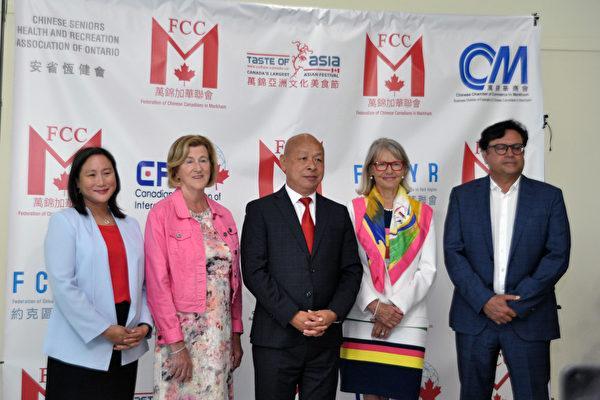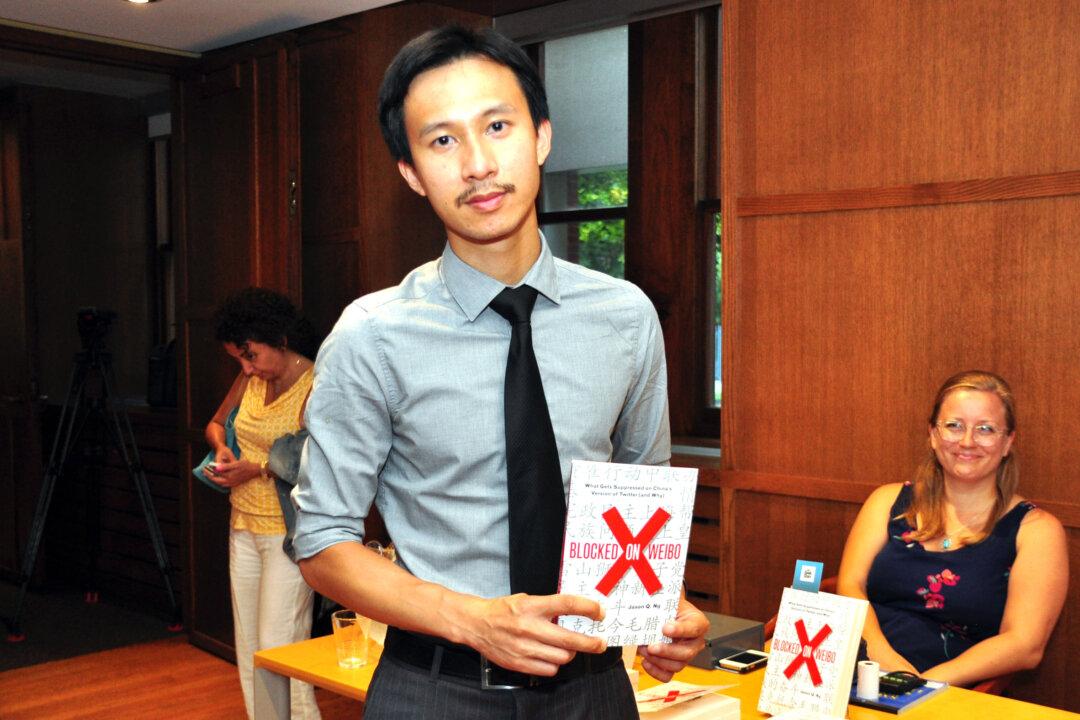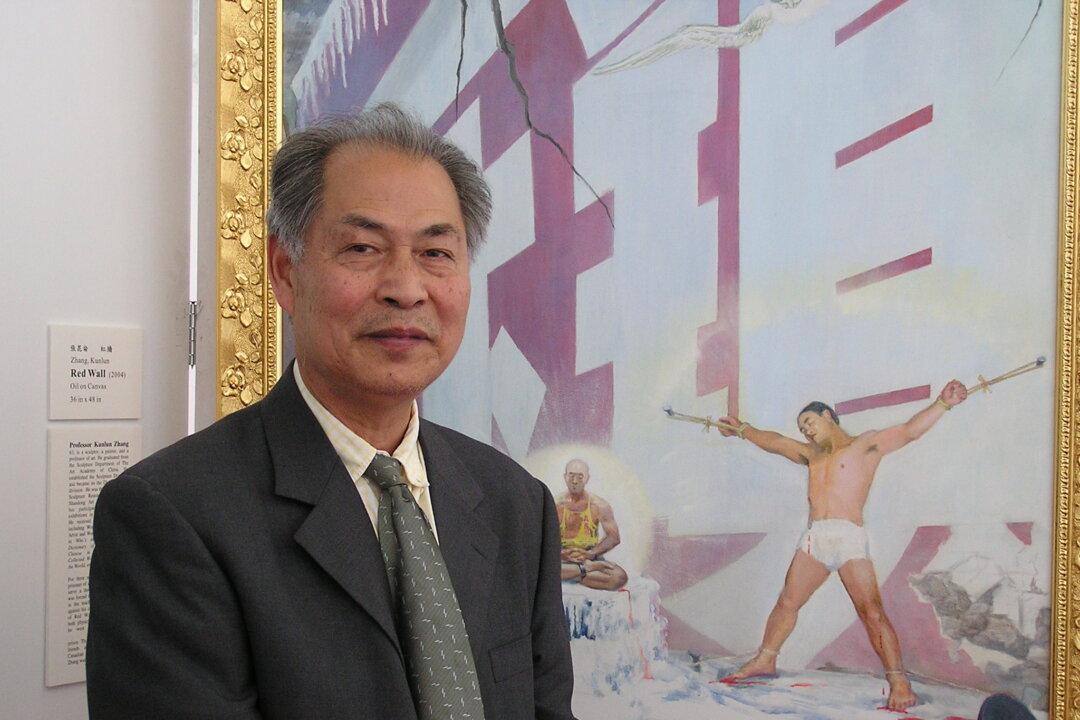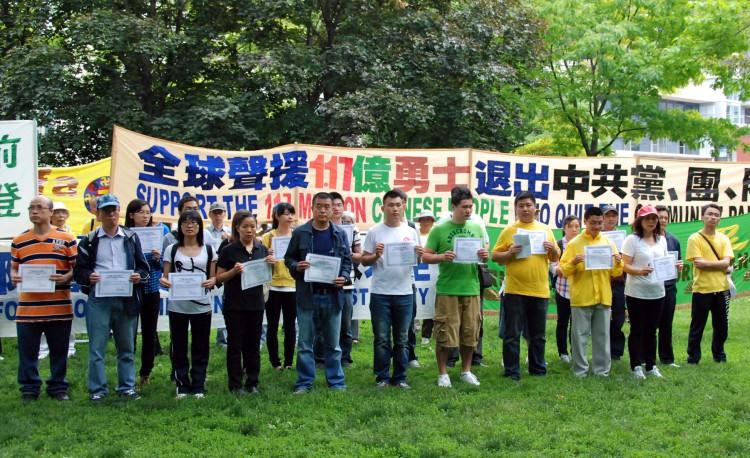From Aug. 15, Canada’s special pathway program for Hong Kong immigrants, Stream B (Canadian work experience category), will no longer require any specific education requirements. It means that more Hong Kong people with Canadian work experience will be eligible to apply for permanent residence status, and they are no longer restricted by their past educational pedigree.
“Canada continues to stand with the residents of Hong Kong and supports their freedom and democracy,” the federal immigration department said in a news release Tuesday.



